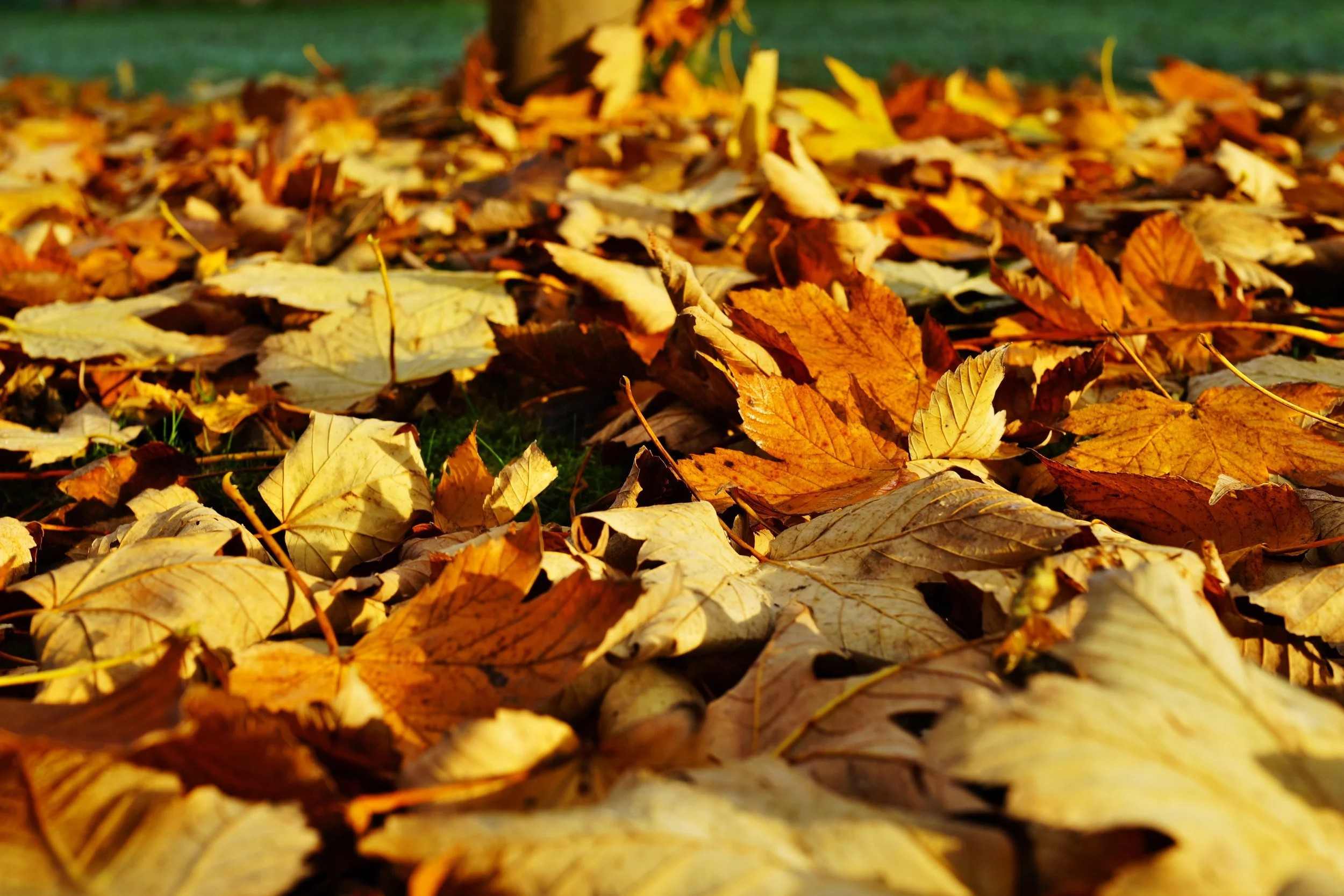The Many Benefits of Leaving Leaves on the Ground
There are many benefits of leaving leaves on the ground. Studies have shown more benefits to leaving leaves on the ground than removing them. Here are a few reasons why you should let nature take its course and leave those leaves where they belong!
Leaves provide essential nutrients for the soil.
Many commercial fertilizers contain composted leaves as one of their main ingredients. As leaves decompose, they release essential nutrients back into the soil. These nutrients are vital for plant growth and health.
Leaves help protect the soil from erosion.
When leaves are left on the ground, they help hold moisture in the soil and prevent raindrops from hitting the ground with such force that they cause erosion. In addition, leaves that have fallen on bare ground will eventually decompose and form a protective layer over the soil surface. This layer helps reduce evaporation and keeps the soil warm in winter and cool in summer.
Leaves provide habitat for wildlife.
Leaves left on the ground provide essential habitats for many types of wildlife. Small mammals, such as mice and voles, use leaves for nesting material. Birds use them for insulation in their nests. Invertebrates, such as worms and insects, live in leaf litter and help decompose it. Amphibians, such as salamanders and frogs, lay their eggs in moist leaves. Reptiles, such as snakes and turtles, use piles of leaves as a place to bask in the sun.
Leaves add beauty to the landscape.
Fallen leaves add color and texture to the landscape. They can also provide natural mulch for gardens and landscaped areas. When left in place, leaves will eventually decompose and improve the quality of the soil.
So, the next time you are tempted to rake up all the leaves in your yard, think twice! Get them off the grass, but adding them to the shrub beds and the tree rings is ideal. Leaving them where they fall is good for the environment and your garden.

